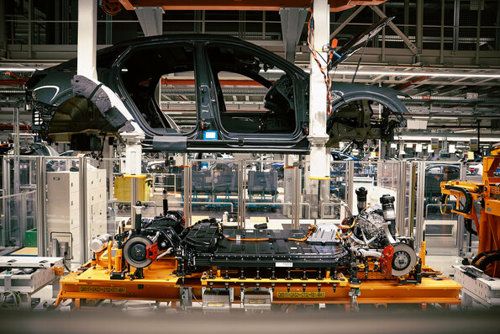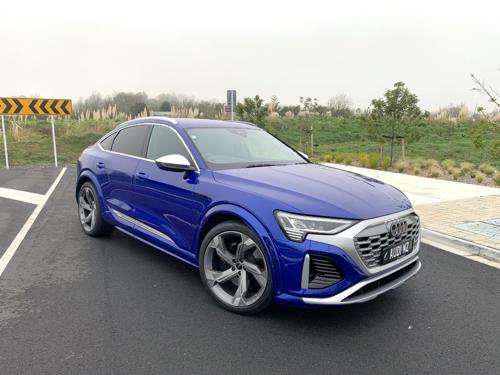Audi has confirmed it will cease production of the Q8 e-tron (including the SQ8 e-tron) at its Brussels facility on February 28, 2025, marking the end of the all-electric SUV’s lifecycle.
The plant closure will directly affect approximately 3000 employees, with operations ceasing entirely after the final unit rolls off the line.
The decision reflects Audi’s transition strategy as it pivots towards new electric vehicle (EV) platforms, but it leaves significant ramifications for the workforce at its Brussels site. “In addition to the voluntary company bonus already announced, the social plan includes many further measures of support that are open to all employees,” the company noted in a statement.

Audi Brussels has implemented a "social plan" to aid affected workers, which includes age-specific benefits, coaching services and job-placement support. Employees over 60 years old will receive tailored retirement options.
Additionally, a voluntary company bonus will be distributed based on tenure, supplementing legally required redundancy payments.
Audi asserts this will result in payouts exceeding twice the mandatory compensation.
CEO Thomas Bogus highlighted the intense negotiations that led to the settlement. “I am very pleased that, despite difficult negotiations, we were able to reach a fair settlement for the employees,” he said.
“This demanded a lot from all negotiating parties, but in the end, everyone focused on the essentials and put the employees at the centre of their actions.”
The closure raises questions about Volkswagen Group’s broader manufacturing strategy.

While Germany’s Volkswagen plants face looming job cuts and production reductions, reports indicate a potential pivot to partnerships with Chinese automakers.
Volkswagen executives have expressed openness to leveraging excess capacity in their factories, which could pave the way for Chinese EV production in Europe.
David Powels of Volkswagen stated, “We’re open for any discussion on any topic with any partner.”
The decision to phase out the Q8 e-tron and shutter the Brussels plant illustrates the challenges automakers face in balancing workforce considerations with the transition to electrification.
The closure also signals shifting dynamics in global EV production, as European factories may soon host vehicles from new market players.
Whether this move will ease tensions or fuel further industry disruption remains to be seen.




